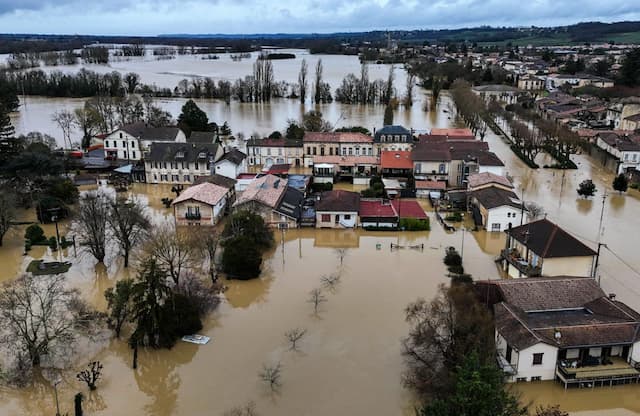Fuel Increase: What are You Risking to Participate in the November 17th Demonstration?

Saturday 17th November, the French are called to mobilise against rising fuel. But as in all events, rules must be respected. We take stock.
Difficult to predict the mobilization. But the protest against rising fuel, scheduled for Saturday 17th November, has achieved its first bet: extend to the whole country.
Hundreds of calls for mobilisation
More than 350 blocking calls and 200 rallies were launched on social networks . Hundreds of thousands of people are pledging to participate in the events and the whole territory is concerned.
READ ALSO: MAP. November 17 protest against rising fuel prices: blockages near you
Uncentralised and driven by ordinary citizens, according to an investigation by our colleagues Marianne , these events should not less than the subject of a statement to the authorities. And if not, both the organisers and the participants can be sanctioned if they do not respect the law.
We take stock.
READ ALSO: November 17 protest against rising fuel: why events disappeared from Facebook
Mandatory declaration
Like any gathering on the public road, the demonstration of November 17th is subject to declaration at the prefecture or town hall, according to the site service-public.fr . It must be done at least three days before the event and be signed by three organisers residing in the department.
A description must be specified:
- Object of the event
- Dated
- Places
- course
- Number of expected participants (estimate)
- Security device (if applicable)
The authorities then decide to give their approval or not by checking if the security of the persons and the goods is assured. If so, they validate the event and can use the police and gendarmerie forces.
They may also request changes, including the course and schedule of the event.
Prohibition: in which cases
But they can also prohibit it, as authorised by the law L211 of the Internal Security Code. The prefect may very well consider that the planned assembly is “of a nature to disturb public order”.
According to Mr. Alexandra Hawrylyszyn, two conditions must be met to make a prohibition order:
- A real danger of serious disorders.
- The lack of another effective means of maintaining public order.
These prohibitions were notably taken during the labour law and against zadist movements .
What the organisers risk
In this case, sanctions are incurred.
Organisers of an unauthorised protest risk a six-month prison sentence and a € 7,500 fine , according to article 431-9 of the Penal Code.
What participants are risking
As a participant, you are not penalised. But you can be the subject of a first-class ticket (up to a maximum of 38 euros), “for failure to comply with the obligations laid down by police order” .
Aggravating circumstances can lead to much larger convictions.
Blocking a road can cost you a lot
If you block traffic on a road, at a toll, you can be prosecuted for “obstructing traffic,” an offense punishable by two years imprisonment and 4500 euros fine.
Convictions to this effect have already been handed down under the protests against the Labour Law: Alsatian trade unionists have been fined € 500 and € 1,000 for spontaneously occupying the crossroads of a ring road near Strasbourg in 2016, without authorisation.
Forbidden to hide his plate
A snail operation can also be prosecuted, if it has not been declared, as recalled by our colleagues at Libération .
Nice Matin indicates that participants in the demonstration of the 17th November plan to hide their license plate so as not to be identified. They face 4 contravention E class ( to a maximum of 750 euros ), as provided in Article R317-8 of the Highway Code .
Enjoyed this? Get the week’s top France stories
One email every Sunday. Unsubscribe anytime.


